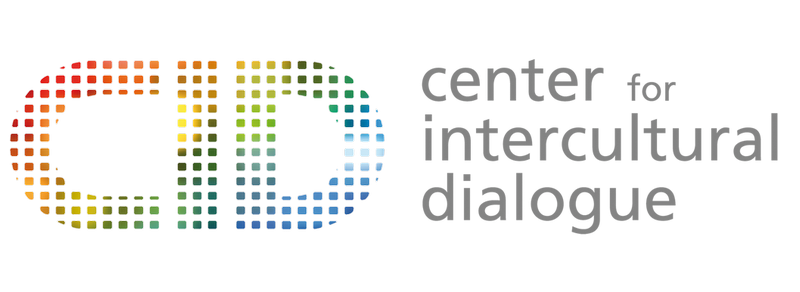Through Aleksandra Cvetkovska, CID has recently been involved as a partner in the project “Implementation of the Convention on the rights of the Child in Macedonia”, under the direction of the Coalition for Youth Organizations SEGA. This project is divided into three phases followed by the creation of the Index based on the “Convention for the Rights of the Child” and finally a self-assessment of the current situation in comparison of that index.
François : How do you implement the project on a daily basis?
Aleksandra: In Macedonia, most children aren’t aware of what their rights are, especially in the school environment. We are trying to teach them about their rights so they can make an assessment on whether these rights are being respected. We are working with primary schools and secondary schools. The project has started in 2015 on a small scale, in 10 Macedonian cities, but we are very optimistic given the good results it had in Serbia where it was first developed.
One of the very first steps taken in that project is to have democratic elections within the schools where the teachers would have no influence, notably by using secret booths for voting. Moreover, one representative is selected to be the Child Ombudsman of Macedonia, together with two vice ombudsmen that are used as contact points if a student feels his rights aren’t being respected. A serious case can actually be taken to the Macedonian Ombudsman institution.
François : Are you working only with the students?
Aleksandra: We are also involving the school staff, especially the psychologists and pedagogues as well as the teachers. The goal is to make the partners feel equal in the project through a healthy communication among themselves.
François : How do you make sure that the Children’s rights are respected?
Aleksandra: Well, for example, when we first start working with the schools, we make them do a little self-evaluation on the state of children’s rights and their respect based on the Index of Children’s Rights. If an indicator is in the red, then a right isn’t being respected and we start informing them on how to recognize the right’s infringement, how to tackle the issue and resolve the situation. We can create workshops on raising awareness with the school staff and students. What we would do depends on the case, but the overall goal is to inform and prevent the reproduction of existing rights’ infringement.
François : What future do you see for this project?
Aleksandra: We of course want this to be a durable long term practice. It is currently a pilot project but we are hoping that this model of the child ombudsman will eventually be implemented country wide. Participation in this project isn’t mandatory, but the positive results we had so far make us very optimistic for the future.
François : Why is this project important to you?
Aleksandra: As a youth worker I want these children to feel the importance and the impact they can have in the society, the fact that their opinions matter. With this project the kids can gain the ability to research, to inform themselves, to feel empowered and understand that they can be as important a citizen as a grown-up. They can learn to handle responsibilities through the model of the child Ombudsman. It is all about learning your own rights and making sure they are respected.
Author: François Xavier

